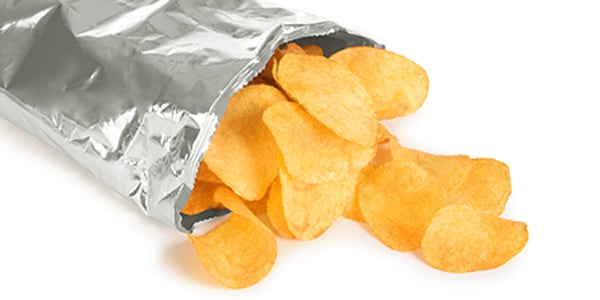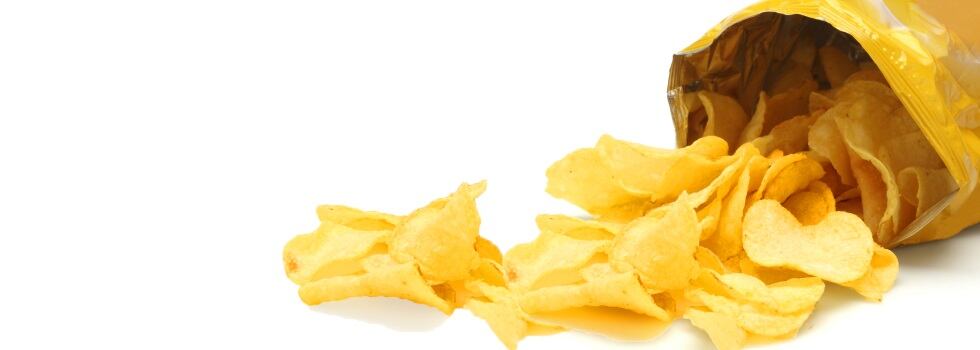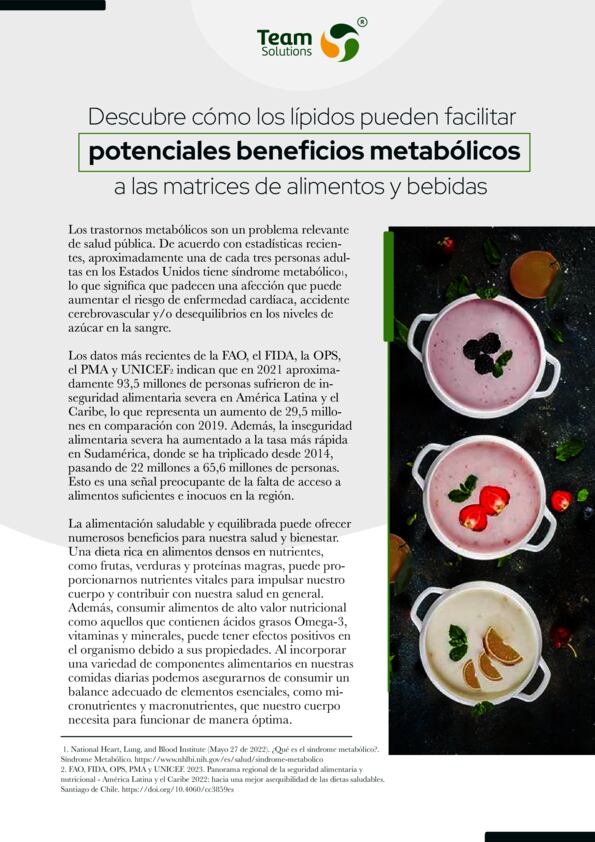*The extended shelf life has to be tested in the final clients applications in order to be ratified as longer vs the previous one.
Our technology, LifeshelfExtender, offers a sustainable and cost-effective solution that enhances vegetable oil's resistance to degradation.
TThe use of vegetable oils with low stability in food production significantly impacts sustainability efforts. For applications such as frying, these oils require disposal after a shorter use, resulting in increased environmental impact and disposal costs. Low-stability oils increase viscosity and generate polymers that impede heat transfer (Senanayake, 2018), requiring higher operating temperatures and resulting in increased energy consumption, costs, and carbon footprint. Moreover, food products that use low-stability oils require appropriate packaging to ensure their shelf life, but food product manufacturers face challenges due to rising packaging costs caused by inflationary pressures, increased demand, and raw material expenses (Heskins, 2022). Thus, providing high stability to vegetable oils is critical to achieving sustainable practices and minimizing the environmental impact.
Oil degradation involves the chemical breakdown of the oil's components, including hydrolysis, oxidation, and polymerization (Crosby, 2018). The rate of these processes increases with higher cooking temperatures and longer cooking times, and the presence of food further enhances this effect (Serna, 2022). This leads to an accumulation of various compounds, such as polar compounds including alcohols, ketones, and free fatty acids. Polymerization is particularly concerning as it can lead to the formation of toxic compounds that pose a risk to human health (Crosby, 2018).
At Alianza, we have developed an innovative technology called ShelfLifeExtender that provides optimal protection to oils and fats used in food production to maintain their stability. Our technology utilizes vegetable oil-derived ingredients that work together to slow down degradation processes. By protecting conventional oils, our research has demonstrated that we can achieve the same stability as high oleic oils.

*The extended shelf life has to be tested in the final clients applications in order to be ratified as longer vs the previous one.
Our technology, LifeshelfExtender, offers a sustainable and cost-effective solution that enhances vegetable oil's resistance to degradation.
TThe use of vegetable oils with low stability in food production significantly impacts sustainability efforts. For applications such as frying, these oils require disposal after a shorter use, resulting in increased environmental impact and disposal costs. Low-stability oils increase viscosity and generate polymers that impede heat transfer (Senanayake, 2018), requiring higher operating temperatures and resulting in increased energy consumption, costs, and carbon footprint. Moreover, food products that use low-stability oils require appropriate packaging to ensure their shelf life, but food product manufacturers face challenges due to rising packaging costs caused by inflationary pressures, increased demand, and raw material expenses (Heskins, 2022). Thus, providing high stability to vegetable oils is critical to achieving sustainable practices and minimizing the environmental impact.
Oil degradation involves the chemical breakdown of the oil's components, including hydrolysis, oxidation, and polymerization (Crosby, 2018). The rate of these processes increases with higher cooking temperatures and longer cooking times, and the presence of food further enhances this effect (Serna, 2022). This leads to an accumulation of various compounds, such as polar compounds including alcohols, ketones, and free fatty acids. Polymerization is particularly concerning as it can lead to the formation of toxic compounds that pose a risk to human health (Crosby, 2018).
At Alianza, we have developed an innovative technology called ShelfLifeExtender that provides optimal protection to oils and fats used in food production to maintain their stability. Our technology utilizes vegetable oil-derived ingredients that work together to slow down degradation processes. By protecting conventional oils, our research has demonstrated that we can achieve the same stability as high oleic oils.
---
Camilo A. Castro, PhD, CSO, Alianza Team



